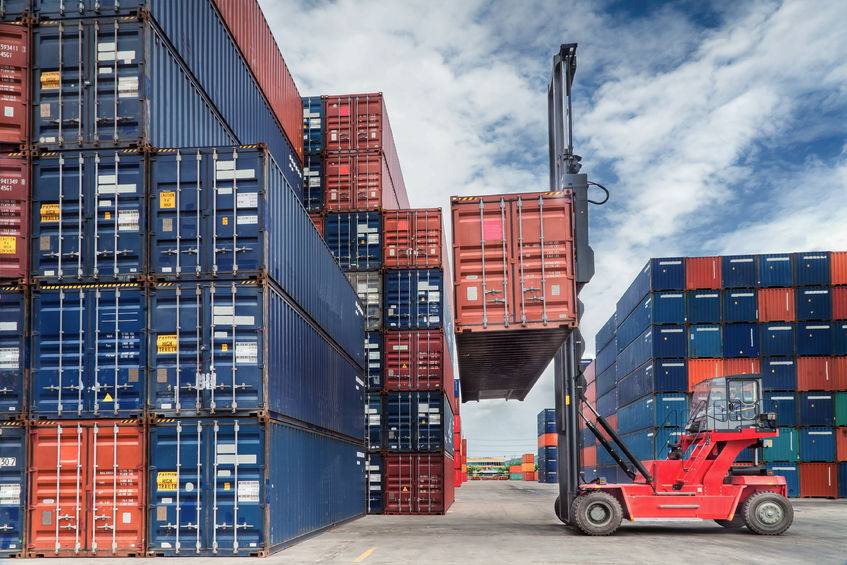
UK organic exports to the US are under "serious threat" unless a new equivalence agreement laying out organic standards is signed, according to a leading economist.
British organic farmers have been told there is a 'substantial' opportunity to export to the US due to its £28bn a year demand for organic food.
But leading independent economist, Séan Rickard, who was commissioned by the Organic Milk Suppliers Cooperative (OMSCo) to look into the value of this trade, said existing trade – growing annually - is under serious threat unless a new equivalence agreement in regard to organic standards between the two countries is signed before the end of this year.
“A break in the ability of UK organic producers to export to the US would be extremely damaging if not fatal,” he said.
“EU and other exports would grow to the detriment of the UK unless there is Government action to move forwards on this equivalence issue.”
Mr Rickard pointed out that the current agreement – an exchange of letters between two willing partners – will cease to apply post-Brexit, as it is between the US and EU, not between the US and UK.
“The UK organic sector enjoys a global reputation for its quality and integrity, and potentially stands to benefit from the expanding global market for organic products,” he explained.
World's biggest organic market
Since 2006, UK exports to the US of all processed foodstuffs, crops, animals, meat and vegetable oils, have increased in value from around £300m to over £600m.
Food and drink is the UK’s largest manufacturing sector, but weak when it comes to export intensity.
Just eight per cent of food and non-alcoholic drink output is exported. Worth £28bn, the US is the world’s biggest organic market, with growth driven by rising consumer interest in taste, health and nutrition, environmental protection and non- GM certification.
In 2007/08, faced with falling domestic prices, OMSCo developed export markets. In 2015, it became the first EU dairy business to qualify for USDA certified organic status, opening up the premium market to its producers.
OMSCo's organic cheddar is today the only volume European organic cheese sold in the US.
'Mutual recognition'
“Trade in organic food products is critically dependent on mutual recognition of the trading partners’ certification procedures which, in the case of UK exports, is currently facilitated by the EU’s range of equivalence agreements,” said Mr Rickard
“In 2012 there was an exchange of letters recognising the equivalence of EU and US organic rules and regulations, paving the way for UK organic products to be marketed in the UK.”
“Since then organic farmers have made significant changes to their farming practices to meet the US organic standards, including changes in breeding and calf management, and focus on improving immune systems and antibiotic usage, while maintaining the highest levels of animal welfare. There has also been considerable capital investment aimed at capturing a slice of this valuable market.
“As the cheese needs a processing, maturing, packing and shipping time, plus a shelf-life period once it arrives in the US, decisions need to be made by very early in 2018 as to whether to continue to invest in a niche market, high value product that won’t be able to be sold, post-Brexit, without an equivalency agreement in place,” he added.
Two-way trade
OMSCo Chairman Nicholas Saphir said it had proved difficult to provide precise figures on the value of organic exports, because they were not separately recorded.
But he said a substantial two-way trade in dairy that benefited both parties is needed, and that there was a willingness on both sides to exchange new equivalency letters.
“We have also suggested to both the UK and US governments that an exchange of letters does not have to wait until the Article 50 process allows for third party trade talks, as the equivalency exchange of letters is a recognition of regulatory standards of production and, as such, will always be subject to the terms and conditions eventually agreed between the two governments in any future trade agreement,” Mr Saphir explained.
“This is very valuable business for our farmers, and has been hard won. We urge the Government to move on this now, time is ticking on, and we cannot take the risk of producing a niche market product that, given its 18-month production and distribution may not be able to be sold post-Brexit.”
